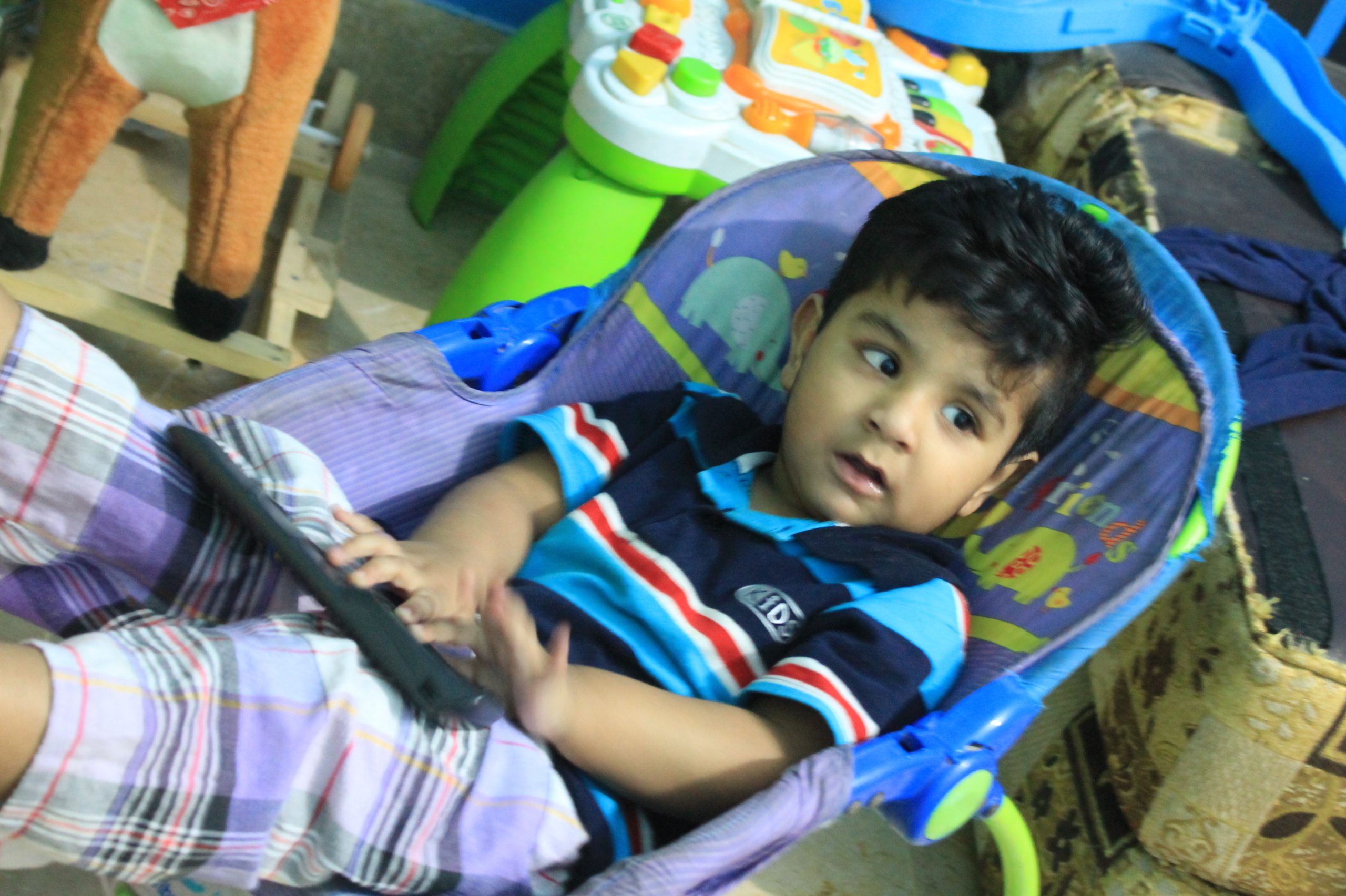Introduction:
Autism is a neurodevelopmental disorder that affects how individuals perceive the world around them and interact with others. While every autistic child is unique and may have different needs, there are some common strategies that can help create a more supportive environment for them. It’s essential to be aware of certain things to avoid when interacting with autistic kids to ensure they can thrive and reach their full potential. In this article, we’ll discuss several key aspects to consider when interacting with autism children, focusing on what to avoid to foster a positive and understanding environment.
- Avoid Sensory Overload: Many autistic children are sensitive to sensory stimuli, such as loud noises, bright lights, or strong smells. It’s essential to create a sensory-friendly environment by minimizing overwhelming sensory experiences. Avoid sudden loud noises or intense lights, and be mindful of the surroundings when planning activities.
- Avoid Disregarding Their Communication Style: Autistic children may communicate differently, such as through nonverbal cues or unconventional speech patterns. It’s crucial to respect and acknowledge their unique communication style, whether it’s using alternative communication devices or sign language. Encourage communication in their preferred way and be patient in understanding their needs.
- Avoid Rushing or Forcing Social Interaction: Building social skills can be challenging for autistic kids. Avoid pressuring them to engage in social activities or interactions if they seem uncomfortable. Allow them to initiate interactions at their own pace, and provide opportunities for socialization in a supportive and non-threatening environment.
- Avoid Ignoring Sensory Needs: Sensory needs can vary among autistic children, and it’s essential to recognize and address them. Some children may seek sensory input, while others may be sensitive and need sensory breaks. Understand the sensory preferences of the child and provide appropriate sensory tools or activities that can help regulate their sensory experiences.
- Avoid Neglecting Individual Interests: Autistic children often have intense interests in specific topics. These interests can provide a valuable way to connect and engage with them. Avoid dismissing or discouraging their passions, and instead, use these interests as opportunities for learning and interaction.
- Avoid Inflexibility: Routine and predictability can be comforting for many autistic children, but it’s essential to strike a balance between structure and flexibility. Avoid rigid expectations, and be prepared to adapt when necessary. Flexibility can help them develop coping skills for dealing with change, an inevitable part of life.
Conclusion:
Understanding and respecting the unique needs of autistic children is crucial for their development and well-being. By avoiding sensory overload, embracing diverse communication styles, respecting personal boundaries, addressing sensory needs, nurturing individual interests, and maintaining a balance between structure and flexibility, we can create an inclusive and supportive environment where autistic children can thrive. Ultimately, patience, empathy, and a willingness to learn are essential when interacting with autism kids, helping them lead fulfilling and enriched lives.














